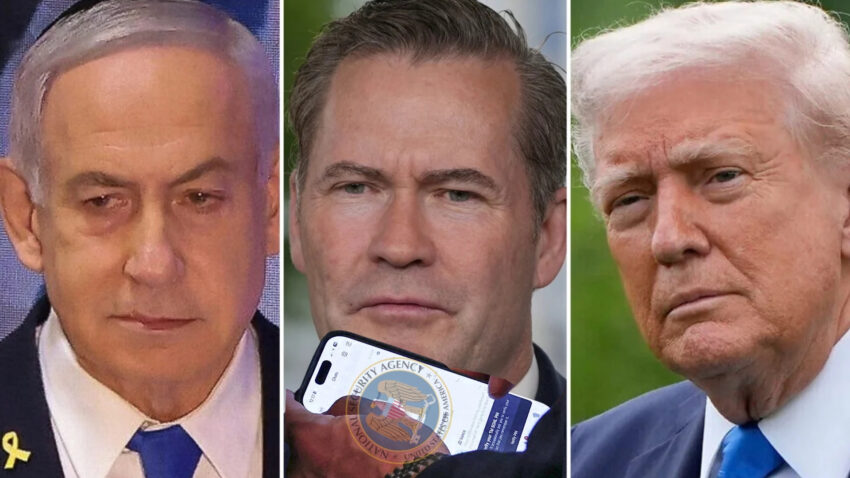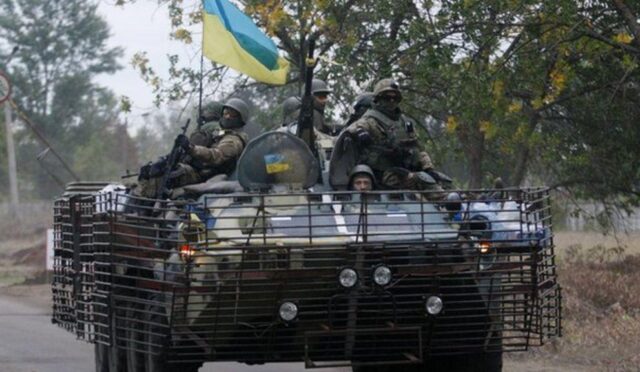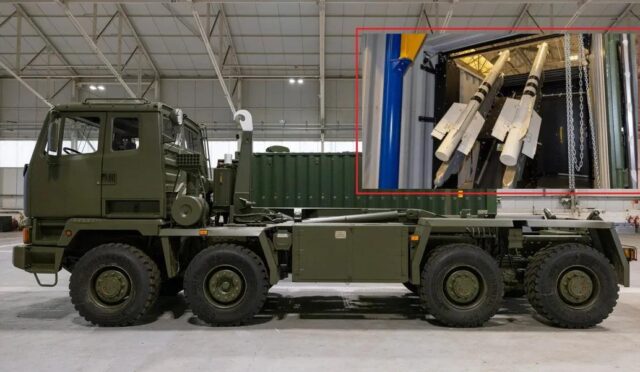In Washington’s political circles, whispers sometimes grow loud enough to shake the global stage. And recently, one name has moved from background noise to center spotlight: Mike Waltz.
Once a key figure in the Trump administration as National Security Advisor, Waltz is now out of the White House. But what lingers isn’t just the title he left behind—it’s the questions.
It all began shortly after Trump was sworn in. Netanyahu, the Israeli Prime Minister, was the first foreign leader to be welcomed into the new Oval Office. But before the official handshake, something else happened—out of sight, yet far from harmless.
The night before that meeting, Netanyahu held a private conversation with Waltz. The location? A historic guest residence just across from the White House. The topic? Iran.
According to reports, the two men discussed potential military strikes on Iranian targets. They didn’t just exchange opinions—they examined maps, reviewed plans, and reportedly agreed that “the time had come.” The very next day, Waltz is said to have whispered the idea into Trump’s ear: “Mr. President, it’s time.”
For Trump, who hadn’t even begun diplomatic talks with Tehran, this backroom plotting was an act of betrayal. Waltz had crossed a line—not just politically, but personally.
And the fire didn’t stop there. Not long after, the so-called Signalgate scandal erupted.
Classified U.S. military plans for a strike on Houthi forces in Yemen were being discussed in a secure Signal group chat—featuring top-level officials including the Vice President, the Secretary of Defense, the Secretary of State… and Waltz. But Waltz, perhaps too confident or too careless, accidentally added a journalist to the group.
What followed was a media explosion—not just in the U.S., but across the world.
Still, the final blow came with a photograph.
Just one day before his dismissal, Waltz attended a cabinet meeting. Cameras were present. In one now-infamous photo, his phone screen was caught displaying an Israeli-made message archiving app. That image sent a clear, chilling message: Was Tel Aviv watching what Waltz was doing in Washington?
The question became unavoidable: “Is this man working for our president—or someone else’s?”
Three months later, Israel finally responded. But their statements felt more like a soft confirmation than a denial. Yes, they said, the meeting happened. Yes, Iran came up. But it was framed as casual—just a chat over tea.
Waltz eventually left his post. But he wasn’t exiled entirely.
Instead, Trump nominated him as the U.S. Ambassador to the United Nations.
Is it a demotion, carefully disguised? Or a reward, discreetly wrapped? Some call it a soft quarantine. Others see it as a strategic repositioning.
Either way, Waltz is no longer whispering in the President’s ear. But his shadow still stretches far beyond the Beltway.







